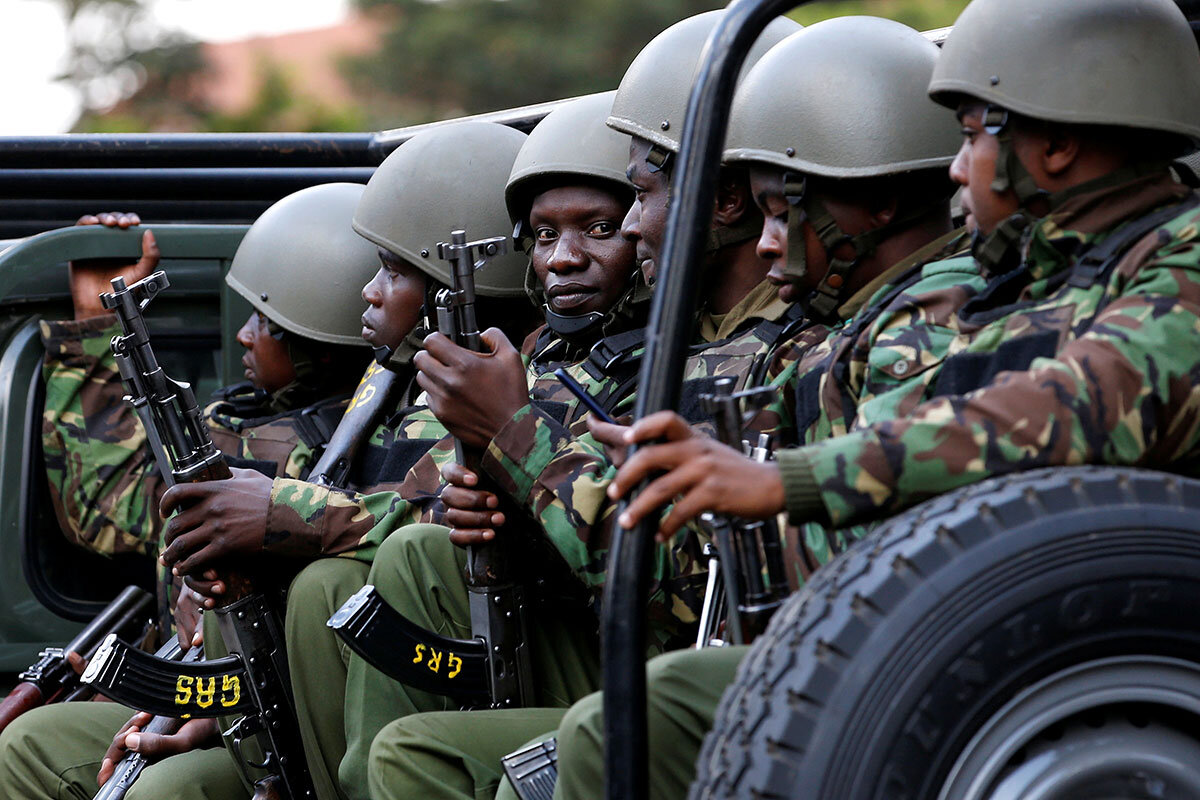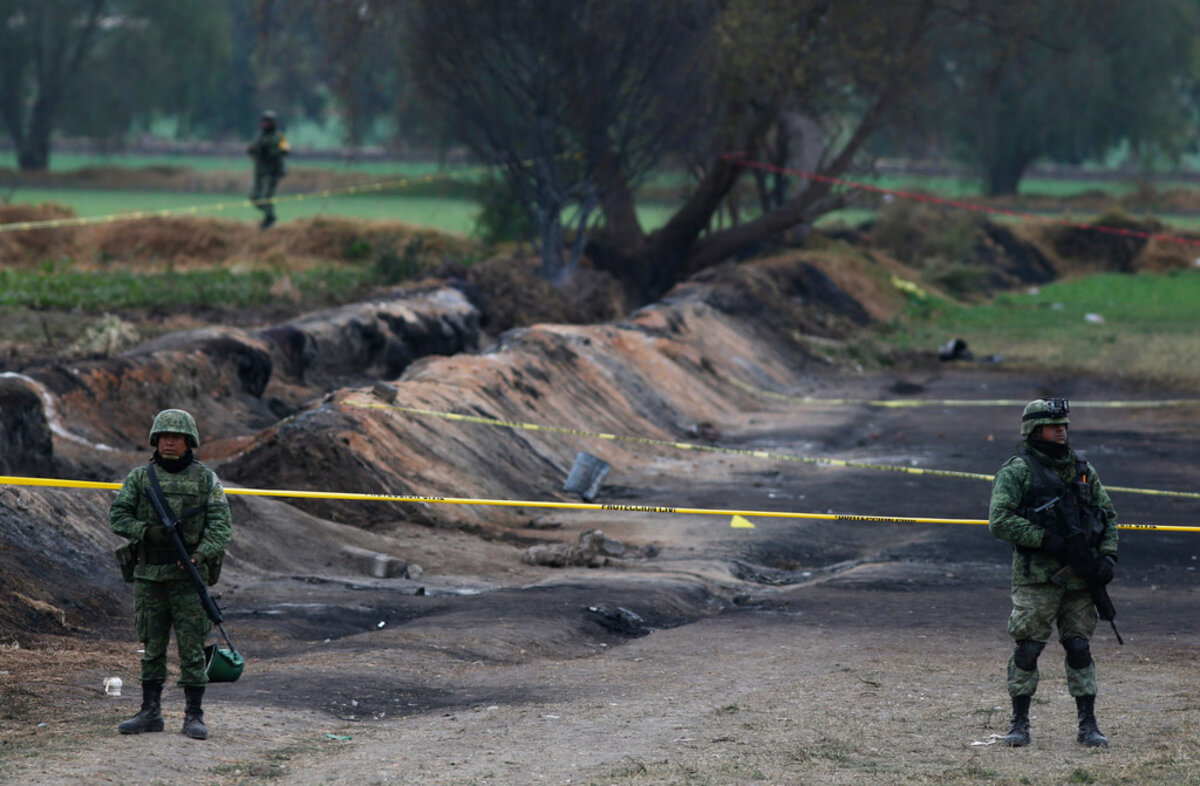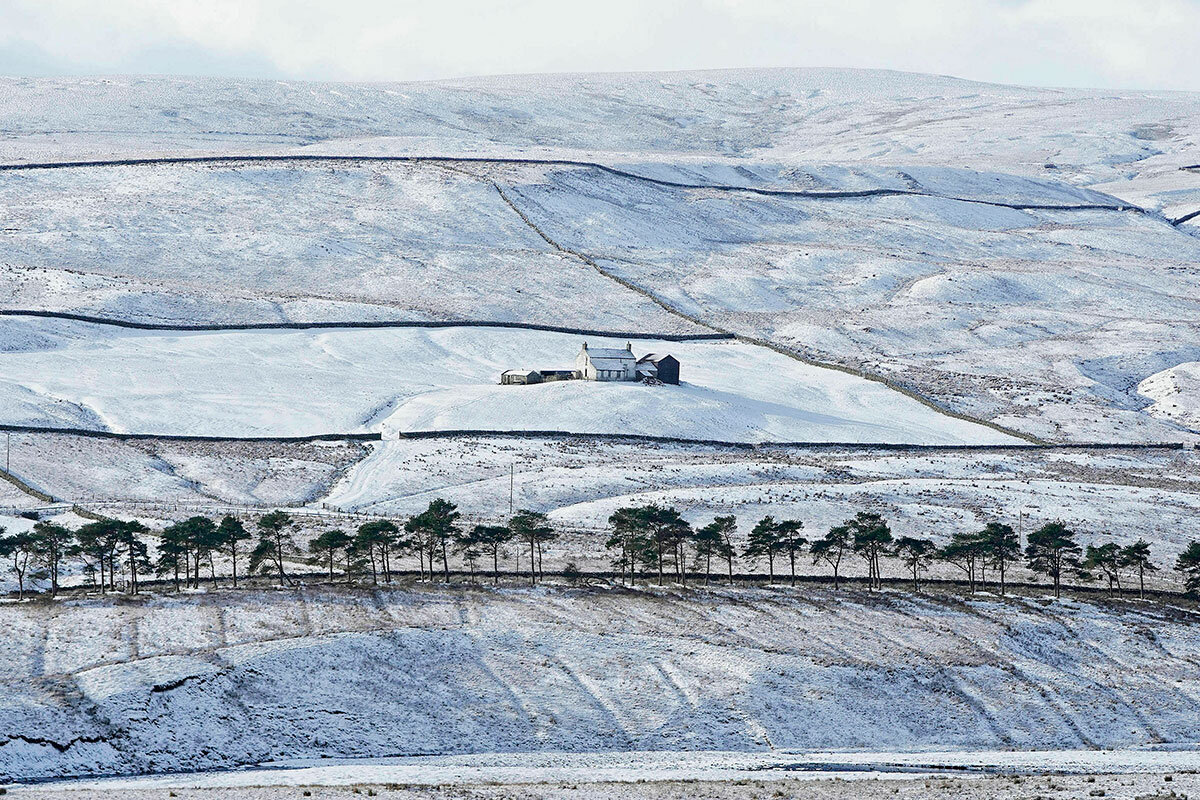A zero-sum negotiating posture – one side wins, the other loses – is counterproductive in Washington, where the two parties ultimately have to work with one another. Experts say probing underlying interests could reveal ways to satisfy both President Trump and House Democrats.
Monitor Daily Podcast
- Follow us:
- Apple Podcasts
- Spotify
- RSS Feed
- Download
 Laurent Belsie
Laurent Belsie
There’s something uniting about a movie theater. The lights go down, the screen flickers and comes alive, and for two hours we share, with complete strangers, a story that is usually far clearer than the world’s troubles that we have let fade temporarily into the background.
The ambiguity we find onscreen can be beautiful and alluring; not so the troubling questions swirling around those Catholic school boys and whether they provoked a run-in with a Native American elder. In a movie, an injustice has meaning; on a football field, a key blown call just seems grossly unfair and irreparable.
Today’s announcement of the film nominees for the 91st Academy Awards is another chance to come together. Sure, we’ll debate whether “Roma” or “Black Panther” is the better movie and if Glenn Close or Lady Gaga deserves best actress. But these friendly arguments, like the movies themselves, are something we share.
It’s disconcerting that the ceremony probably will have no host after comedian Kevin Hart pulled out because of old antigay tweets. (How old do one’s wrong comments have to be before society forgives them? Is there no host who can lead us through Hollywood’s big night?) But it’s not the first time. In 1969, when a deeply divided America was beginning to see student riots and to reexamine the Vietnam War, the 41st Academy Awards also had no host. Instead, Hollywood kicked off the event with Gregory Peck and a host of white and black A-listers: a reminder of our shared cultural heritage and how we still cheer our heroes on the silver screen.
Now to our five stories for today, including a look at Russia contemplating government after Putin and a nonprofit that gives custom-fit clothing to men in need.










